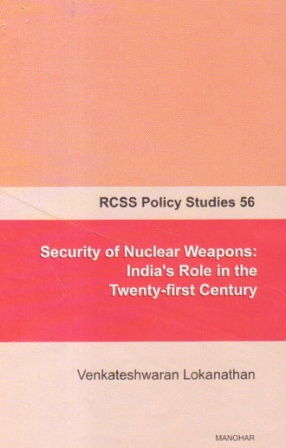
Showing all 8 books
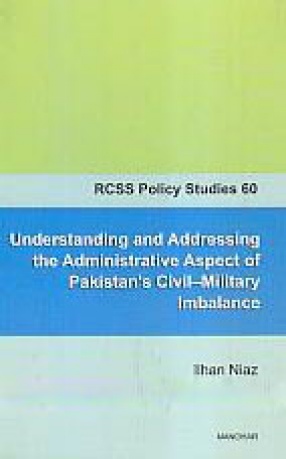
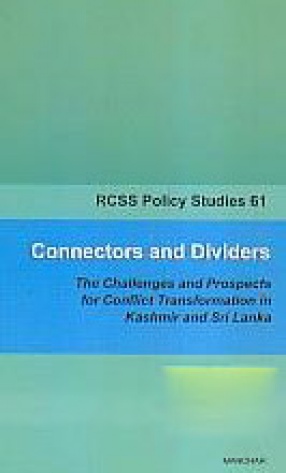
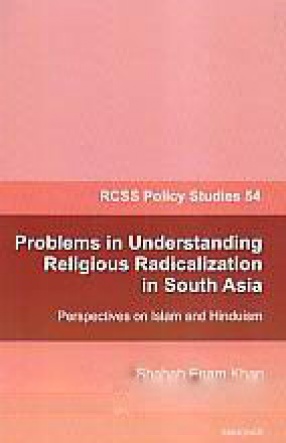
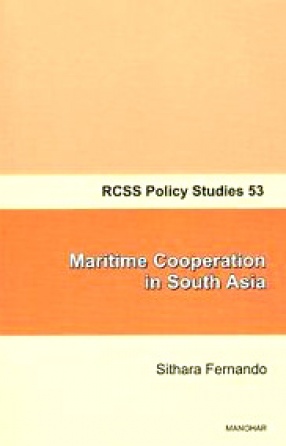

This monograph traces the critical factors that have influenced the advent of nuclear weapons. It deals at length on how rational nations have irrationally pursued power and security-concepts which are immeasurable and largely perceptible-in an effort to increase their influence over each other’s decision making. The irony over the insecurity perceived by a state when other states take measures to enhance their security, due to a deficit of trust in the ...
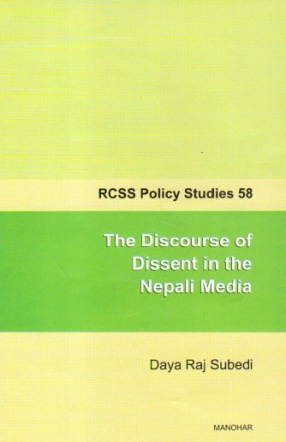
In its 115 years of existence, Nepali media has witnessed several ups and downs in the political sphere and experienced an array of regimes from absolute monarchy to multiparty democracy. In this monograph the author comprehensively analyses how the media has dealt with various political upheavals in Nepal. The study makes two basic arguments the media can play a substantial role in regime change and it can only fuel the death of an already dying regime. The ...

Pakistan’s Civil-Military equation has long been unstable with repeated interruptions of the constitutional and democratic order. This monograph examines Pakistan’s troubled record of civil-military relations from the perspective of history. It holds that Pakistan’s problems are not unique while emphasizing the importance of seeing the civil component of the equation in an administrative as well as political light. While much has been written ...
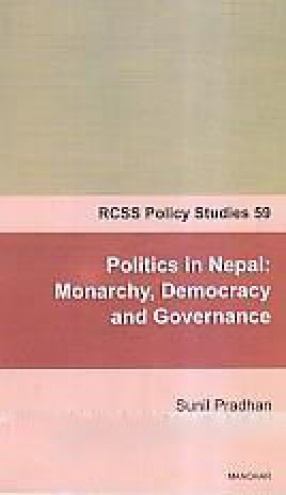

South Asia is characterized by a change in the nature of contemporary armed conflict, a shift from interstate to intrastate armed conflict. This change is closely enmeshed in post-colonial concerns of competing national identities, historical memories, politics of deprivation and legitimacy. It creates challenges for scholars, policy makers and practitioners alike, who are to develop responses to conflicts in South Asia. The liberal, state centric emphasis in the ...


The maritime issues facing South Asia include boundary problems, fisheries conflicts, non-military/non-traditional security threats and environmental problems. This study seeks to facilitate solutions to these problems through regional cooperation. It seeks to base South Asian maritime cooperation on the 1982 Law Of the Sea Convention (LOSC). Given the fact that ships carry much of international trade it posits the emerging regionalization of the South Asian ...
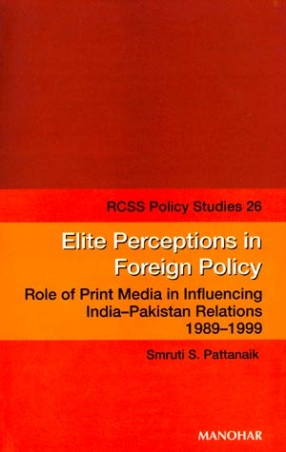
The task of educating people on foreign-policy issues is largely performed by the elite. Although people in India and Pakistan have a keen interest in the furtherance of bilateral relations, various intricacies of the relations are not known to the masses. It is the elite who inform the masses regarding various issues and the existing challenges to their resolution. This prepares people to be more amenable to changing circumstances and appreciate solutions that ...
